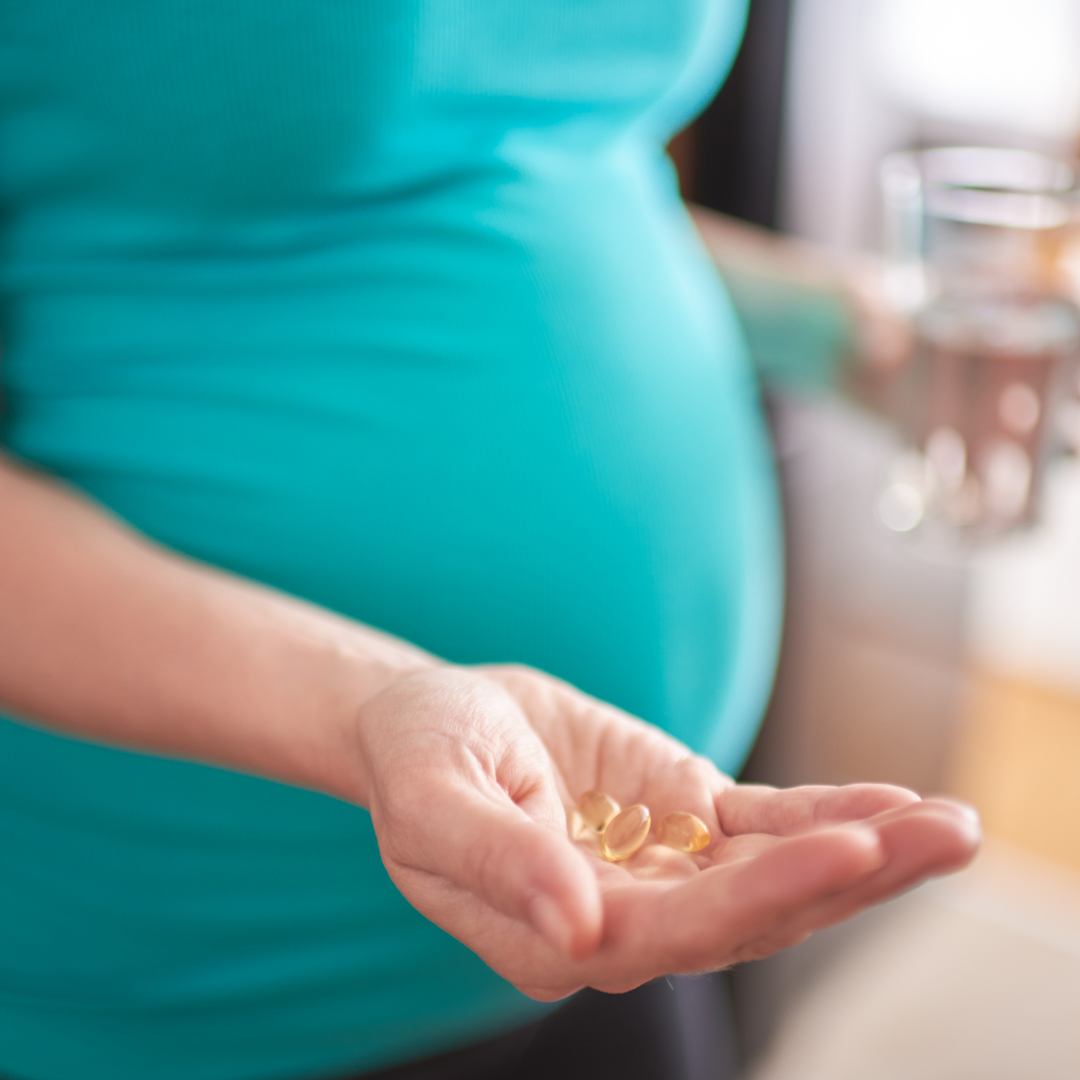Prenatal supplements, such as prenatal vitamins, are beneficial to your health and the health of your baby. However, some of them contain hormones or ingredients that can be harmful to your baby. To avoid consuming these substances, only purchase supplements from reputable sources. Pregnancy is a special time filled with many joys. But being pregnant also poses some risks. One risk in particular that pregnant women face is potential nutrient deficiencies. Supplementing your diet during pregnancy can help fill any gaps left by your poor eating habits.
Here Are the Prenatal Supplements for Pregnant Women
-
- Prenatal Vitamins – Prenatal vitamins are essentially dietary supplements. They are specially formulated to provide the nutrients necessary for a healthy pregnancy.
- Folic Acid – Folic acid supplements are recommended for all pregnant women, especially those with a history of pregnancy-related problems. While folic acid supplements are a safe and necessary part of prenatal care, not all supplements are safe for pregnant women.
- Calcium – While calcium is important for general bone health, pregnancy takes it to the next level. It helps develop the baby’s teeth and bones and plays a role in helping the baby’s muscle, heart, and nerve development too.
- Iron – Iron is an essential nutrient that many women don’t get enough of while pregnant. The iron needs of pregnant women are higher than probably any other population. That’s because iron is used to build new red blood cells in the body, which carry oxygen to your tissues. Iron also helps carry oxygen to the baby’s developing brain and spinal cord.
- Probiotics – Probiotics, or live bacteria, are important for a healthy digestive system. They help regulate digestion, help the body absorb nutrients, keep the immune system functioning correctly, and insulate the lining of the bowels, which lowers the risk of colon cancer. Many women choose to take probiotics during pregnancy to support the digestion and immunity of the expectant mother.
Some Supplements to Avoid During Pregnancy
- Vitamin A – Vitamin A is an essential nutrient your body needs, especially during pregnancy. Vitamin A has a variety of roles, including maintaining healthy vision and skin, keeping your nerves and immune system healthy, and promoting bone health. However, consuming too much vitamin A has been linked to congenital disabilities. Avoid supplements containing vitamin A during your pregnancy, as supplements may contain more vitamin A than recommended doses.
- Vitamin E – Vitamin E is a fat-soluble vitamin. This is a benefit because fat-soluble vitamins are better absorbed and stored by the body. Many sources consider it an essential vitamin during pregnancy. In fact, not every woman needs to take vitamin E while pregnant, but it is important to pick the right supplement for those who do.
- Black cohosh – Black cohosh has become increasingly popular as a treatment for insomnia, anxiety, and depression. It should not be used during pregnancy unless approved by your healthcare provider.
Pregnant women should keep track of the supplements they take, as supplements can affect both the baby and the mother. One of those supplements is CBD or cannabidiol. It is a natural supplement that comes from the cannabis plant. Its benefits are many, but pregnant women should ask their doctors before taking any CBD. Your body will go through many changes during pregnancy. It’s up to the mother to make sure her body remains healthy for those nine months. Supplements can help your body stay healthy, but it’s important to know the benefits, the risks, and the proper dosages.
Pregnancy is a time of growth and development, making health and nutrition a top priority. Taking the best care of that little one is the goal. Prenatal supplements are important during pregnancy as long as your OB gynecologist prescribes them.





